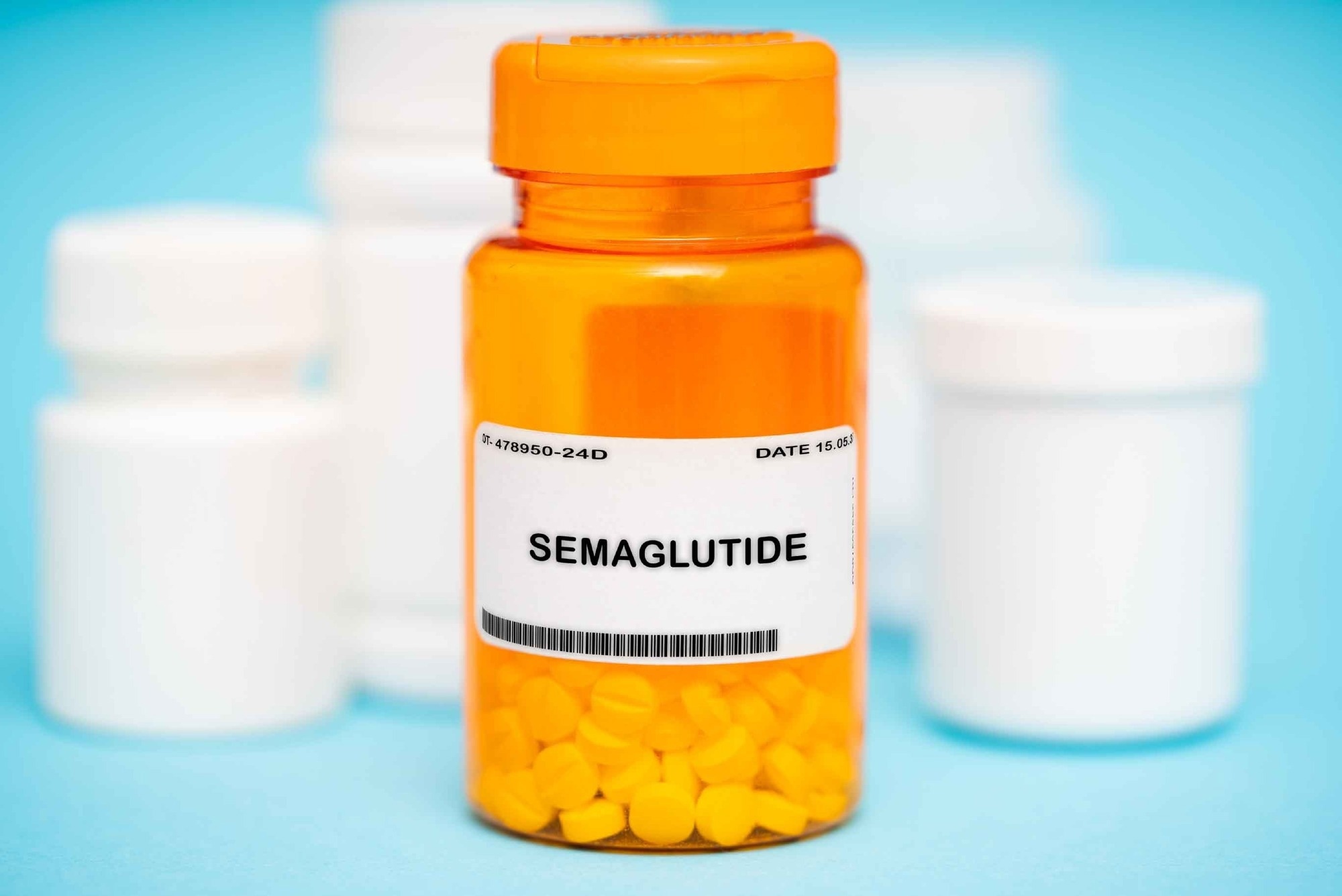Testing and treatment of STDs is not something that should be done randomly. Many people assume they will get tested for STDs when they go in to the doctor or visit their primary care physician. STD testing is typically part of a routine gynecology exam or check-up. So be sure to request STD testing at your next visit to your gynecologist. Also be honest about your sexual lifestyle, so that they can assist you in figuring out which tests would best suit you. Your healthcare professional will be able to tell you if you are a high risk individual for certain STDs, and they will be able to recommend tests and treatments that are appropriate for your situation.
STD tests can be done in the doctor’s office or in a private laboratory. Many STD doctors offer STD testing services to patients free of charge, because it is very common for patients to be tested on a routine basis. Many STD doctors also offer a convenient private clinic location that will allow patients to have private STD tests and treatments. STD patients who are screened and treated frequently will have a better chance of avoiding certain health problems that can develop due to STD infections.
A simple stool sample or urine sample is usually all it takes for most STD tests. There are a variety of STD tests that can be done using these samples. Some of the most common STD tests include urinalysis, blood tests, and throat swabs. Depending on the type of STD that you have, your healthcare professional may recommend an STD test to help detect it early. The results of a STD test can indicate if you are at risk for certain STDs, and it can also help determine how early in your infection you may have contracted the disease.
In the past, people seeking STD treatment had to go to their STD clinics where they would undergo personal hygiene screening and examination. However, in the recent years, more people have elected to receive STD tests at home instead of going to STD clinics, and many STDs are becoming resistant to the medication. This means that patients now have the option of choosing whether or not they want to take medication when performing a self-based STD test, or if they would prefer to have the tests done by a private clinician instead.
One of the most common ways to screen for STDs is through a genital exam. When your healthcare professional decides that you may have an STD, he or she will normally give you a full physical examination, review your medical history, and perform a swab test with the use of a cotton swab, or urine and or saliva test. If you answer yes to any of the questions being asked by your healthcare professional during your exam, then you may be at risk for contracting a specific STD. For example, if you answer “yes” to the questions about having multiple partners, having unprotected sex with a stranger, or having a partner who did not use protection during intercourse, then you may be at risk for Chlamydia or gonorrhea. If you answered no to any of these questions, then you are safe from getting STDs like genital warts or herpes.
Once you receive a negative result from a STD test, you do not have to worry about being contagious. However, it is important that you learn as much as possible about STD’s so that you can know if you are at risk for contracting one. By educating yourself about STD’s, you can avoid unsafe sex and protect yourself from getting many stds. It is important to get tested every now and then so that you can keep abreast of your health, and your doctor can monitor your health closely to make sure that you are living as healthy a life as possible.

:max_bytes(150000):strip_icc()/labgrownlede-2b7540f7f7404558a08f1a555862f3d3.jpg)










